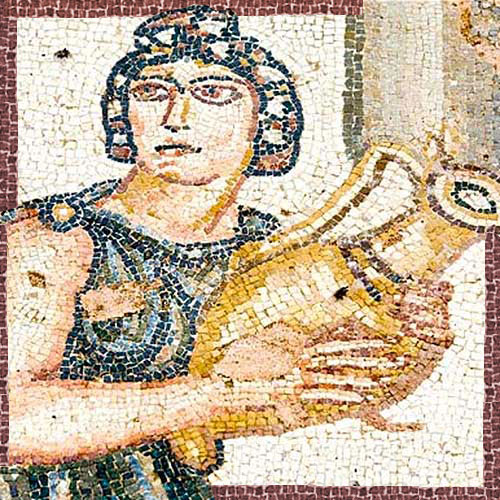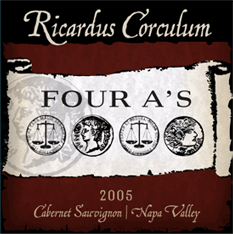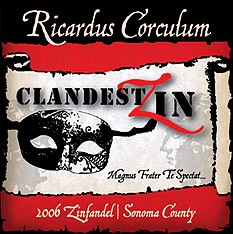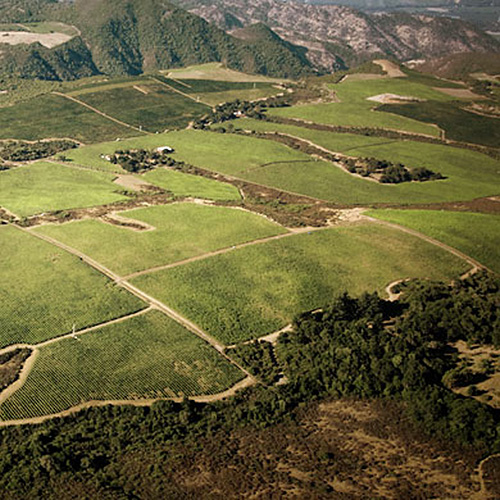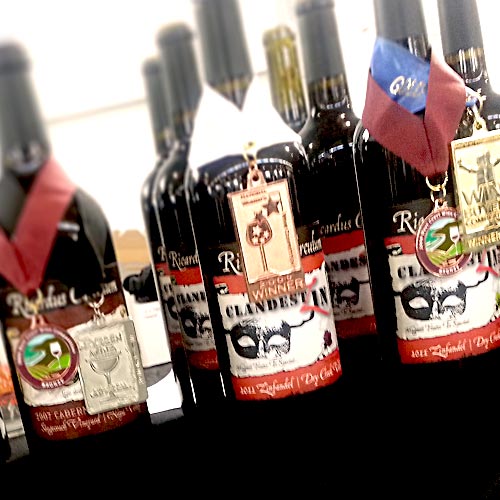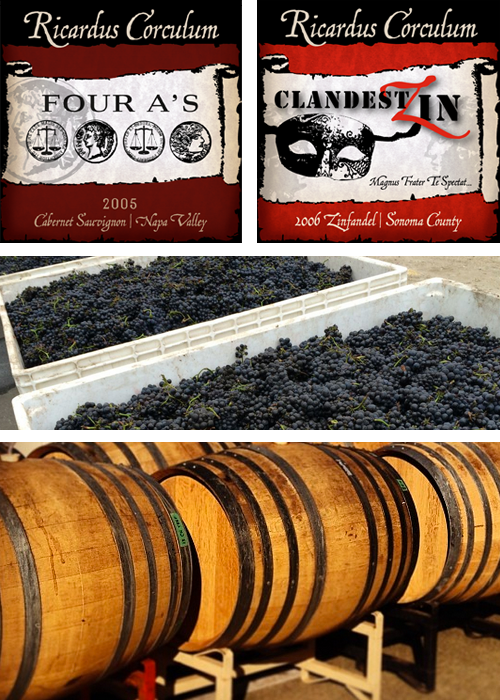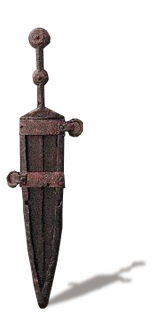
Premier Vineyards
Whispered through the vines, and carried on the wind, the names of our premier Napa and Sonoma vineyards have reached mythical status among wine collectors.
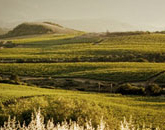 STAGECOACH VINEYARD
STAGECOACH VINEYARD
Stagecoach vineyard climbs between 900 and 1700 feet up the southern face of Pritchard Hill to Atlas Peak. Our Cabernet is from a small, steep block near the top of the site at 1637 feet high. This section is lower-yielding than most of the vineyard and the mountain terrain is above the fog, with the rockiest soils and minerality to create distinct aromas and flavors. The grapes have to struggle to grow but once they've made it to the bud stage, the wine produced from those struggling grapes is a superb product that is a combination of terroir, fruit, and minerality creating a wine with softer tannins, wonderful floral undertones and ripe blue fruits.
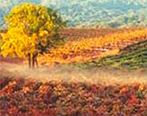 GRIST VINEYARD
GRIST VINEYARD
Located just west of Healdsburg in northern Sonoma County, Grist sits above the fogline on top of Bradford Mountain, the tallest of the hills making up the coastal range bordering Dry Creek Valley. 15 miles east of the Pacific Ocean and in between is nothing but forested hills where countless mountain lions, wild pigs and deer roam. Named for the old grist mill on the property, it was planted to Zinfandel about 100 years ago. The vineyard has been farmed organically since 2003 and is a Certified Organic vineyard by the CCOF. The head pruned vines sit in iron-rich, red volcanic soils that stress the vines into low yields and concentrated wines. Sourced from 100 year old vines, our Zinfandel harks back to the restrained style of 'old California' zins - ripe fruit, oak, balance, slight spice, and a solid backbone.
Award Winning.
more than 25 Gold & Silver medals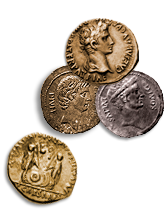
Although we are a small producer, our wines are decorated gladiators at arenas such as SF Int'l Wine Competition, West Coast Wine Comp, and ProBuyers Wine Comp. Our most important critics, though, are good friends around the table.
Our Story
For the many of you who know me, you know that my wine is a labor of love, but the old saying of “do
what you love and the money will follow” isn’t accurate when it comes to wine! – I love winemaking,
but… you can make the best wine in the world and still not have folks beat a path to your door. So,
despite the fact that it is a money pit, I continue to make wine and love doing it.
I dedicate my wine to my beloved Alisa, who, despite the travails and pains, has completely
supported me. I also raise a glass to the memory of Alisa’s dad, Jack – who recently passed away – and who was my
biggest supporter, loved my wine, and always, always encouraged me to do more – he told me that he
thought my wine was so good that it would eventually be noticed…
 Lastly, we spill a little wine every year in the memory of our first “winery dog” Bear, our ferocious sheepdog! Although the winery is still virtual, Bear would have caused complete chaos in the winery and we would have let him. He would have been afraid of the wine barrels just as he ran from sheep – even though he was a sheepdog…
Lastly, we spill a little wine every year in the memory of our first “winery dog” Bear, our ferocious sheepdog! Although the winery is still virtual, Bear would have caused complete chaos in the winery and we would have let him. He would have been afraid of the wine barrels just as he ran from sheep – even though he was a sheepdog…
For those who believe in karma and the hereafter, I’m sure Jack is having a glass of my wine with
Bear sitting beside him as you read this…
— Richard
Sub Rosa
Latin Explained
The "Four A's" taken for the name of our Cabernet Sauvignon is an obscure reference to Roman coins. An “As” was a copper coin minted by Caesar Augustus (Octavian). These Roman coins were called "A's" or "asses" (no relation to the current day term!) and if a Roman spent four on wine, it was really good wine. Roman soldiers traditionally ordered "one a's" wine and if a soldier ordered "two a's" wine, he was splurging. In general terms, a Roman soldier first century AD would have to pay about a weeks pay for a cup of wine. It is alleged that a menu on the wall of a pub in Pompeii (from 79AD when Vesuvius erupted and buried the city) reads, “get a drink here for an “As,” a better drink for two As', and Falernian for four A's.” Falernian is considered the best wine ever made and the Falernian from 121BC is alleged to be the best wine ever produced.
Vitam impendere vero... (Risk your life for the truth)
Si fecisti nega (If you did it, deny it!)
Si fallatis officium, quaestor infitias eat se quicquam scire de factis vestris (If you fail, the secretary will disavow all knowledge of your activities.)


